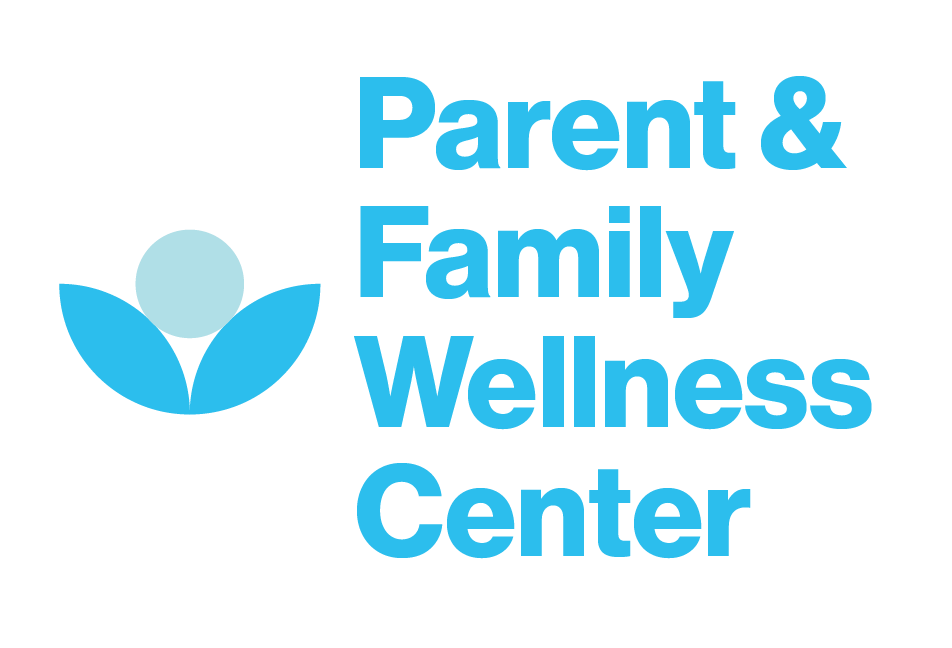6 Words That Will Settle Your Nervous System Instantly
Over the course of history, we humans have been taught to strive for more- to be better. More efficient, more skilled, more competent, more thin, more beautiful, more creative, more brave. And, because our brains are wired to think in all-or-nothing ways, we are quick to compare, to feel less than, and to assume that if we aren’t that (what ever that must be) then there must be something wrong; with us, with the situation, or with the people around us. In other words, we are pretty quick to assume that there is a problem that needs to be fixed.
And for most of us, “problem” means “threat”.
It is important to know that our physiology- our bodies- do not know the difference between real and perceived threat. For so many of us, the moment we tell ourselves there is a problem, is the moment that our bodies go into fight or flight: our hearts race, we become short of breath, our tummies tighten, and we suddenly don’t think very clearly. This is our body’s job- to get ready to protect us when we are in danger.
Your baby is crying and you aren’t sure why. You burn dinner. A friend doesn’t call back when anticipated. Someone disagrees with you about something. You don’t feel like playing with your toddler. You are feeling cranky and tired. Your child/ren are cranky and tired. Your partner is cranky and tired. You don’t feel an instantious rush of emotion when you lay eyes on your baby for the first time. Your birth doesn’t go as planned. You want or need to stop breastfeeding. Your preteen is, you know, preteening.
These things will, of course, bring up feelings and emotions such as sadness, worry, frustration, or disappointment. But feeling emotion is not a threat (more on that in another post). And for each of the situations above, support might be necessary. But none of these examples above, nor many others, are actual threats to our safety.
So, what are the 6-words that will settle your nervous system instantly?
What. If. There. Was. No. Problem?
It’s a very important question: What if this thing that is happening or has happened is not a problem? It may be inconvenient or uncomfortable, but what if there really is no problem that needs to be fixed or that we need to protect ourselves from? If this were the case, how would you feel? What would you do differently?
What
If
There
Was
No
Problem?
This question, which comes from a place of curiosity, immediately moves our brain functioning from the limbic brain (fight/flight) to our frontal cortex (logical and rational thinking). Suddenly, there is no reason for our hearts to race, our palms to sweat, and for our breath to quicken. Suddenly, it is ok to make room for things just as they are.
It’s worth a try, don’t you think?

